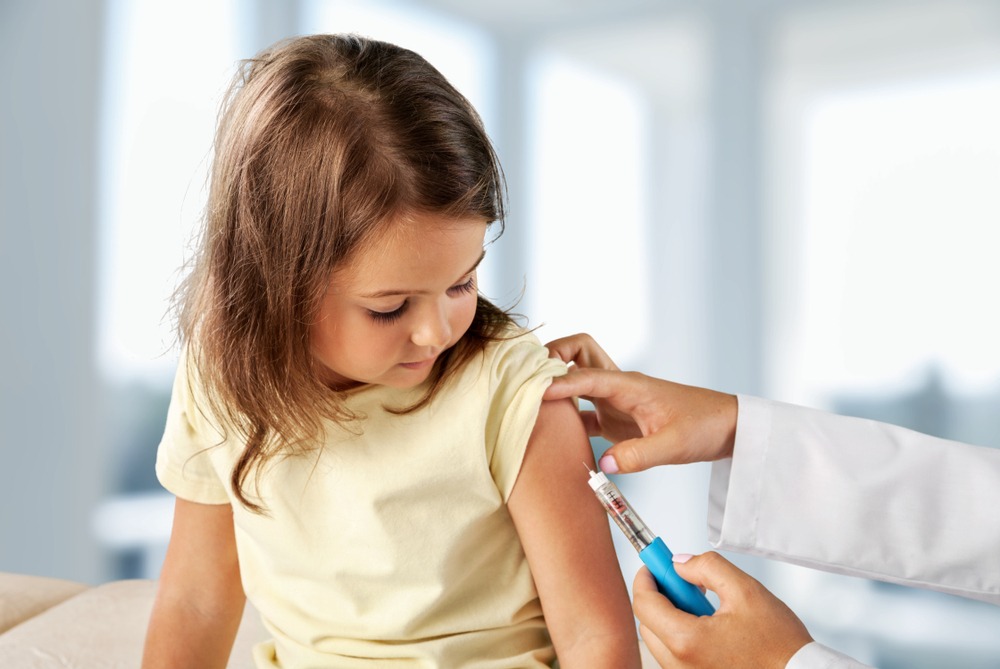Childhood immunizations stand as a major pillar in the public health landscape, protecting the well-being of young people when infectious diseases are rampant. It is important for individuals interested in health to understand policy and importance necessary to knock down these vaccines to ensure the best possible protection for their children or those in their care.
The Importance of Childhood Vaccinations
Childhood immunizations are an important part of maintaining public health. Not only do they protect individual children from potentially life-threatening diseases, but they also contribute to a broader view of herd immunity. Herd immunity occurs when a large proportion of the community is immunized against a disease, preventing it from spreading and protecting those who are not infected.
According to the World Health Organization (WHO), vaccination prevents 2-3 million deaths annually and is the primary protection against diseases such as measles, polio and smallpox The Centers for Disease Control and Prevention (CDC) says vaccination has once dramatically reduced the incidence of infectious diseases that were frequent, with a 99% reduction in measles in the US.
The Vaccination Schedule
The childhood immunization program is designed to protect children when they are most vulnerable to serious diseases that usually begin at birth and continue through adolescence. Here is a detailed description of the recommended system.
- Birth: Hepatitis B vaccine (first dose)
- 2 months: Hepatitis B (second dose), Rotavirus, Diphtheria, Tetanus, and Pertussis (DTaP), Haemophilus influenzae type b (Hib), Pneumococcal (PCV), and Poliovirus vaccines
- 4 months: Second doses of Rotavirus, DTaP, Hib, PCV, and Poliovirus vaccines
- 6 months: Third doses of Hepatitis B, DTaP, Hib, PCV, and Poliovirus vaccines; Rotavirus (final dose)
- 12-15 months: Measles, Mumps, and Rubella (MMR), Varicella (chickenpox), Hib (final dose), and PCV (final dose) vaccines
- 4-6 years: DTaP, Poliovirus, MMR, and Varicella vaccines
- 11-12 years: Human Papillomavirus (HPV), Tetanus, Diphtheria, and Pertussis (Tdap), and Meningococcal vaccines
These medications are administered at specific times in a child’s development for optimal potency and protection. The program is based on extensive research and is regularly updated to reflect the latest scientific information.
The Impact of Vaccinations
The impact of childhood vaccinations on child health cannot be overstated. For example, before the introduction of the smallpox vaccine in 1963, major outbreaks occurred about every 2-3 years, killing thousands of people. Today, smallpox has been largely eradicated in countries with high vaccination rates.
Similarly, the introduction of the HPV vaccine significantly reduced the incidence of cervical cancer and other HPV-related diseases Studies show a 90% reduction in infections and primary cervical cancer in countries with HPV vaccine coverage.
Overcoming Vaccine Hesitancy
Despite its proven benefits, delayed vaccination remains a challenge. Misinformation and myths about vaccines can lead to unwillingness or refusal to vaccinate children, posing a risk to the health of individual members of the public. It is important that you consult with health care professionals and rely on evidence-based information to make informed decisions about vaccines.
Conclusion
Childhood vaccinations are a cornerstone of public health, providing protection for individuals and the community against a variety of infectious diseases. Adherence to recommended immunization schedules is essential to ensure timely immunization. By vaccinating we not only protect our own children but also contribute to the health of the wider community, preventing the spread of disease and saving lives.
As we continue to meet health challenges and responsibilities, the role of vaccines remains undeniably important. So, have you scheduled your child’s next vaccination yet?
FAQs on Childhood Vaccinations
1. Are childhood vaccines safe?
Yes, vaccines are rigorously tested for safety and effectiveness before they are approved. The potential risks far outweigh the benefits of preventing serious illness.
2. Can vaccines overload a child’s immune system?
No, children’s immune systems are resistant to many vaccines. The system is designed to work with a child’s developing immune system.
3. What if my child misses a vaccine dose?
It’s important to get back on track as soon as possible. Talk to your health care provider about vaccine arrests.
4. Are there side effects to vaccinations?
Minor side effects, such as pain at the injection site or low-grade fever, are common but usually mild and transient.
5. Why vaccinate against diseases that are no longer common?
Vaccination improves herd immunity and prevents disease recurrence. Without continued vaccination, these diseases could quickly become common again.








